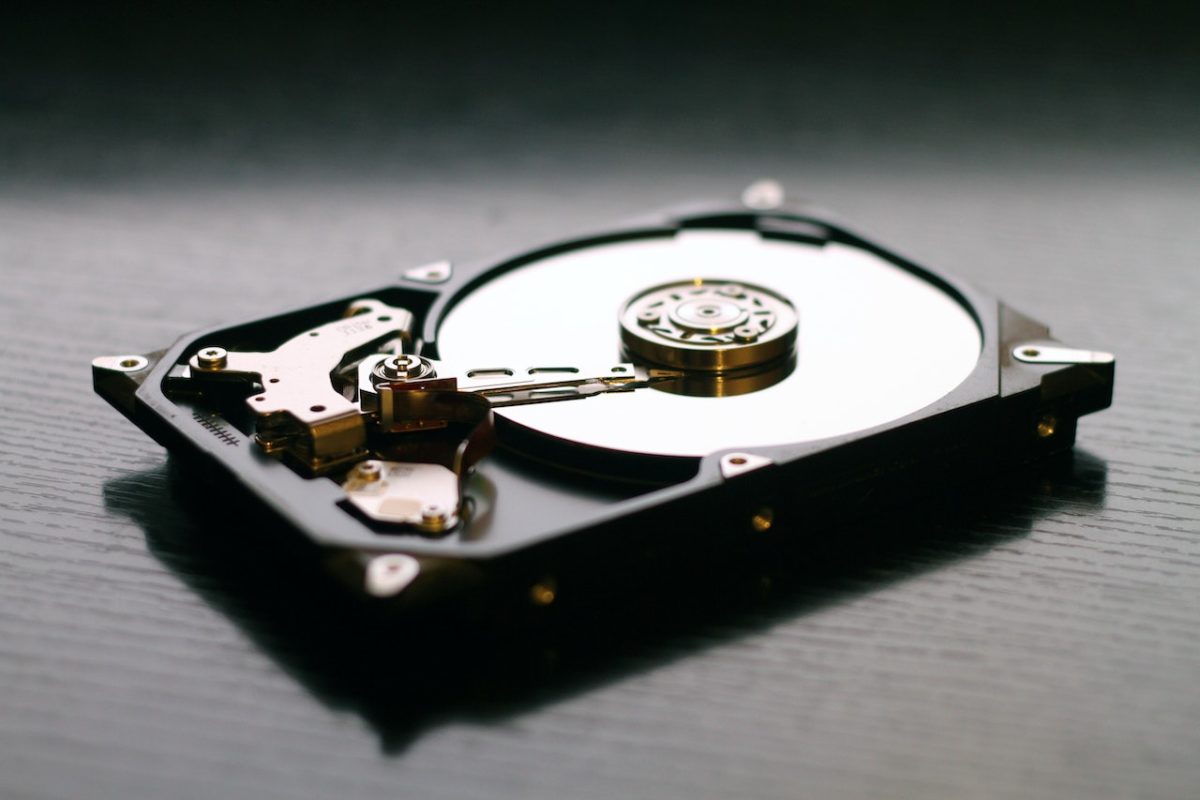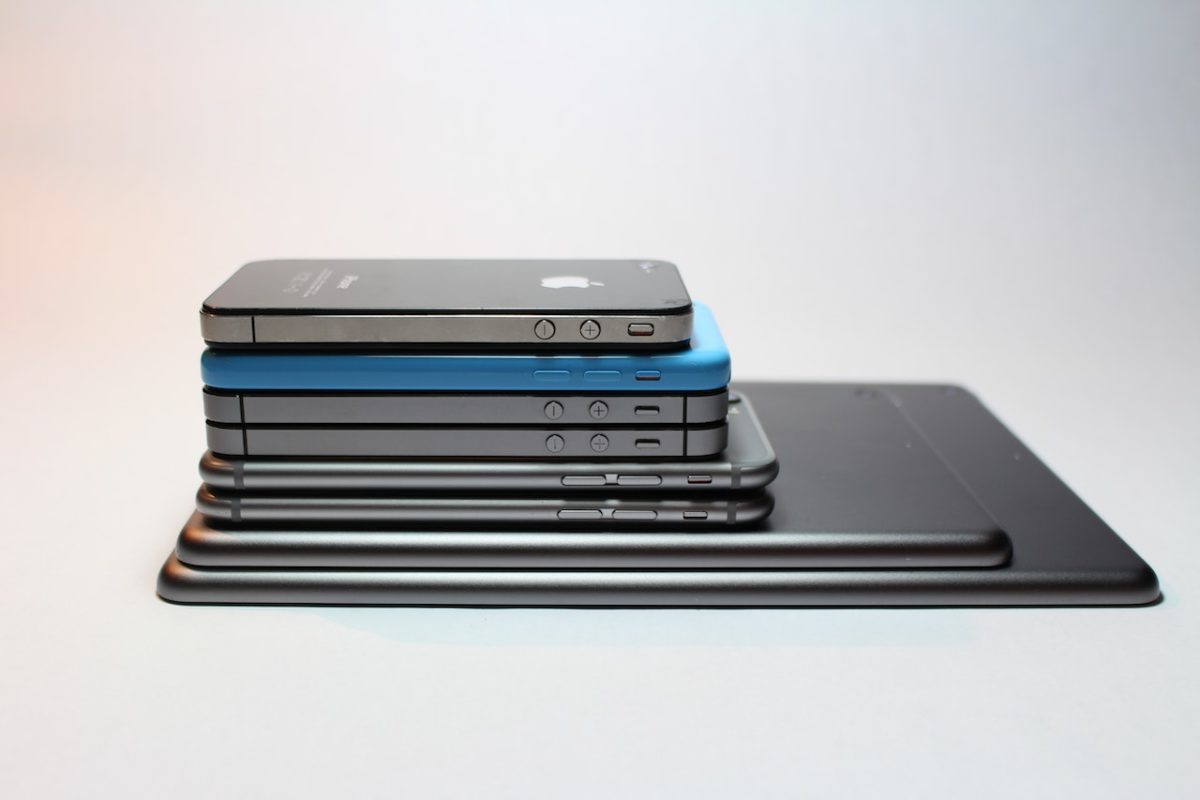What You Need to Know about Medical Equipment Disposal
Most of us have adopted a sustainable lifestyle. We are more conscious of our responsibility to care for Mother Nature for future generations. We also understand the consequences of our actions on the environment.
We recycle more, use less energy and water, and buy environmentally friendly products. We compost our food scraps and yard waste and use green transportation options whenever possible. Living sustainably is beneficial for the planet and is also suitable for our health and the health of our families. It is a lifestyle that we can all feel good about.
Have you ever wondered how one can dispose of medical equipment correctly? It is not as simple as merely throwing it away – there are numerous considerations to ensure it is disposed of correctly.
Medical equipment can be classified as hazardous waste, meaning its disposal has to follow specific rules to protect the environment and public health. There are several methods of medical equipment disposal, each with its advantages and disadvantages.
The vital point to remember is that medical equipment should never be disposed of in a way that could harm people or the environment. So, let us look at green medical equipment disposal.
What Is Considered Used Medical Equipment?
When it comes to medical equipment, there is a lot of debate surrounding what should be used. Some people believe that any equipment used in a medical setting, even if it was only used once, is considered to be used medical equipment. Others think equipment is only supposed to be used if it has been used multiple times. So, what is the truth?
Well, it depends on who you ask. There is no official definition of what constitutes used medical equipment. However, in general, most people believe that equipment is only considered to be used if it has been used multiple times. It is because equipment only used once is usually still in good condition and can be reused.
How Do You Properly Dispose of Medical Equipment?
Medical equipment disposal is the process of removing unwanted or unused medical equipment. It can be done through recycling, donation, or simply throwing it away.
There are numerous reasons why proper medical equipment disposal is critical. For one, it helps to keep our environment clean. Medical equipment not disposed of properly can end up in landfills, which take up valuable space and release harmful chemicals into the ground.
Medical equipment that is not disposed of properly can be a breeding ground for pathogens. It can lead to the spread of disease and can put our health at risk.
There are a few different ways to dispose of medical equipment. The most common method is recycling. It involves breaking down the medical equipment into its parts and then recycling them.
Another method of medical equipment disposal is a donation. It involves giving the medical equipment to a charity or other organization that can use it. Finally, some medical equipment can be thrown away. It should only be done if the equipment is no longer usable and cannot be recycled or donated.
Conclusion
Proper medical equipment disposal is essential for several reasons:
- It helps to prevent the spread of infection.
- It helps to protect the environment.
- It helps to ensure that medical equipment is properly recycled or reused.
- It helps to ensure that medical waste is correctly disposed of.
If you are managing a medical facility, you should tap into the professional services of Atlanta Green Recycling . We can help you with medical equipment disposal so there will be no contamination. So, contact us now to get this hazardous waste!
To get started recycling your old electronics, give us a call at (404) 999-4758 or complete the schedule a pickup form for businesses.










